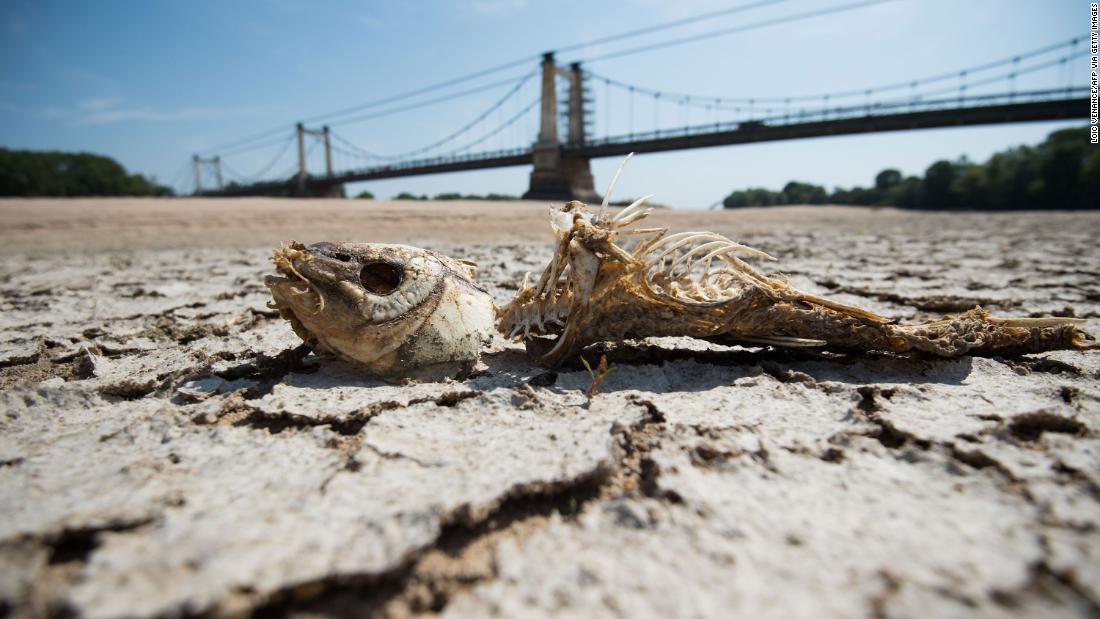“Summers are getting longer and hotter, while winters are getting shorter and hotter due to global warming,” said Yuping Guan, the study’s lead author.
Sure, longer summers may seem great for a family vacation or enjoying the outdoors, but this extended season can significantly impact our health, environment and agriculture.
Hot flashes can grow bigger, mosquito-borne diseases can If it becomes more widespread, the pollen allergy season may become more severe and the growing season for the crops will be longer.
The study reveals that global warming is making the warmest quarter of the year, known as summer, longer, and it also affects the onset of all seasons.
“The beginning of spring and summer is advanced, while the beginning of autumn and winter is delayed,” says the study.
The study divides the four seasons into four percentiles, with any temperature above the 75th percentile of the 1952-2011 average temperature being recognized as summer. Climate computer models are then operated to reveal how these defined seasons change over time.
“During the period of 1952-2011, the duration of summer increased from 78 to 95 days and that of spring, autumn and winter decreased from 124 to 115, 87 to 82 and 76 to 73 days, respectively,” says the study.
Most regions in the Northern Hemisphere have experienced longer summers, but the Mediterranean region has been growing more than eight days every 10 years since the 1950s. This may not seem like much, but on a longer time scale it becomes if more significant.
If nothing is done to mitigate these emissions and slow the effects of climate change, the summer could evolve to half a year by the end of this century, according to the study.
“In the business-as-usual scenario, spring and summer will start about a month before 2011 at the end of the century, autumn and winter will start about half a month later, which will result in almost half a year of summer and less two winter months in 2100. “
What does this mean for you
In addition to warming temperatures and changing seasons, this has implications for human life.
This includes agriculture. Spring is the season when plants begin to grow in parts of the United States. Plants sprout when they experience the warmest temperatures early in the season.
This time of year also varies in temperature, however, when one day can be hot while the other can be cold. These temperature extremes are a common occurrence with climate change.
Starting the spring a month earlier can mean disastrous losses for the crops. Previous weeks and months in the transition seasons can result in more drastic cold waves after the spring buds are opened.
“For monsoon areas, changing seasons can change the monsoon season. This means that monsoon rain patterns also change. This type of change may not synchronize with growing crops,” Guan told CNN.
Changing seasons will also affect forest fires and heat waves, likely to increase their occurrence.
“A hotter, longer summer will experience more frequent and intensified high-temperature events – heat waves and forest fires,” said Congwen Zhu, a researcher at the Chinese Academy of Meteorological Sciences who is not affiliated with this study.
